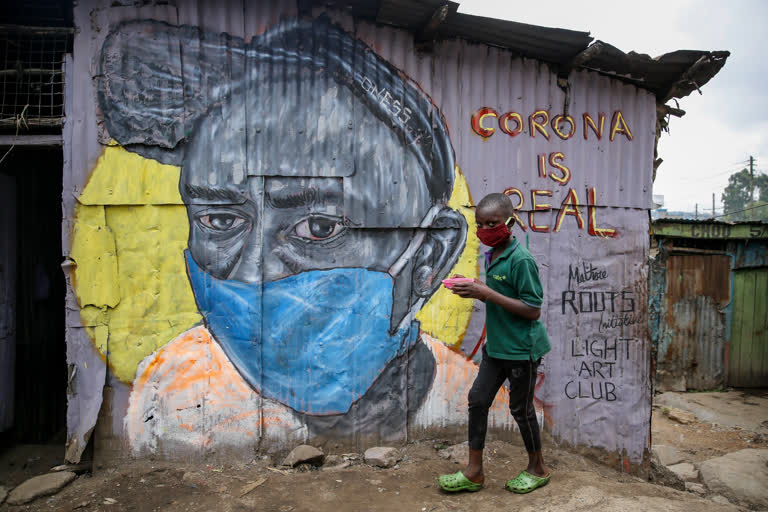Johannesburg: The UN General Assembly demanded global action to quickly scale up the development of and access to medicines, vaccines and equipment to battle the pandemic, while the World Health Organization warned Tuesday that rushing to ease coronavirus lockdowns could lead to a resurgence of the outbreak.
The UN resolution asked Secretary-General Antonio Guterres to work with the WHO and make recommendations to ensure that all people have equitable and timely access to testing, medical supplies, drugs and future vaccines, especially in developing countries.
African officials have been outspoken about the need for medical supplies across the 54-nation continent, where health systems have historically been underfunded and will be overwhelmed by the virus.
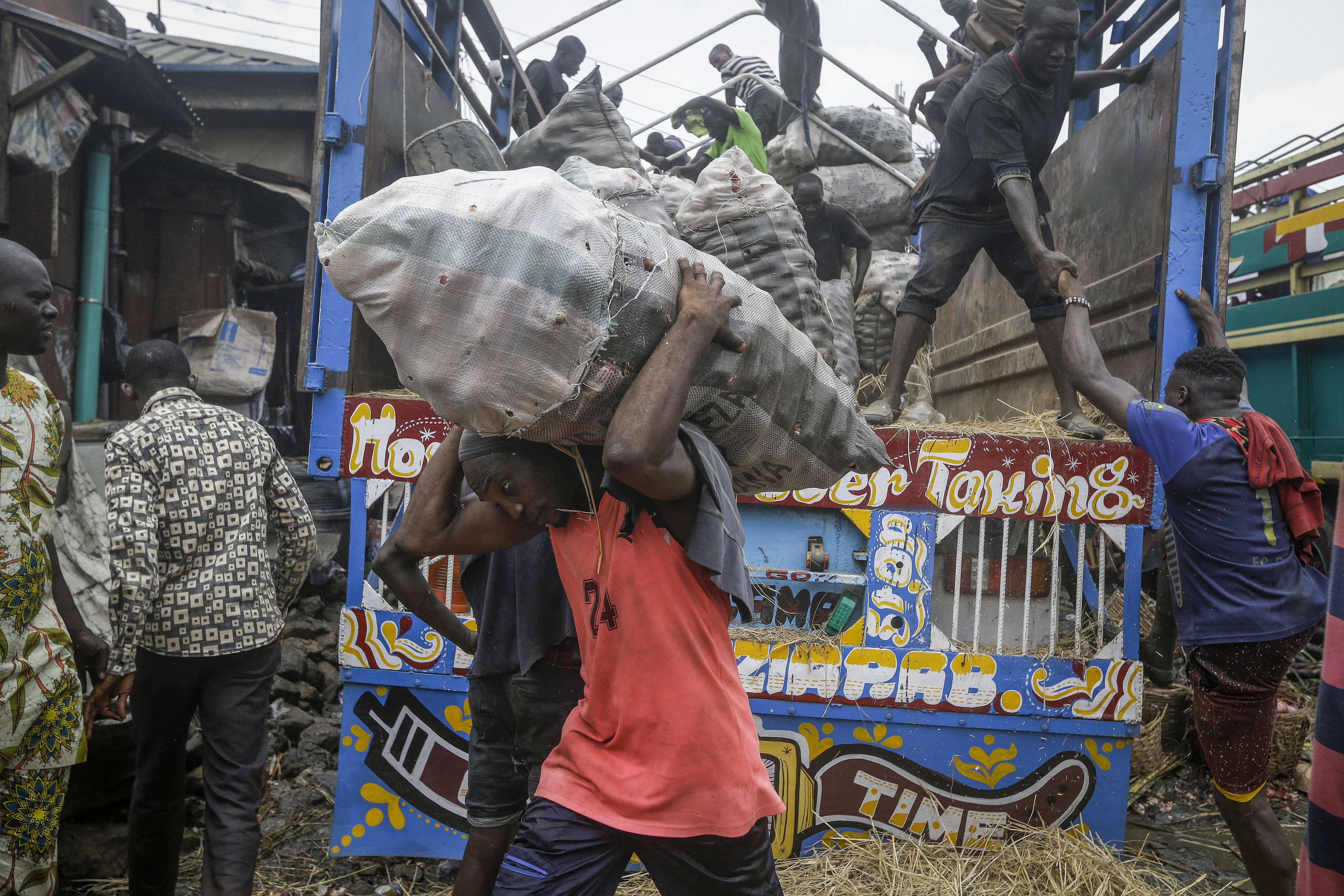
Even under a best-case scenario, Africa will need $44 billion for testing, personal protective equipment and treatment of coronavirus, according to a report last week by the UN Economic Commission for Africa. The worst-case scenario estimates $446 billion would be needed.
WHO says the number of beds in intensive care units available to treat COVID-19 patients in 43 African countries is less than 5,000. That’s about five beds per 1 million people compared to 4,000 beds per 1 million in Europe.
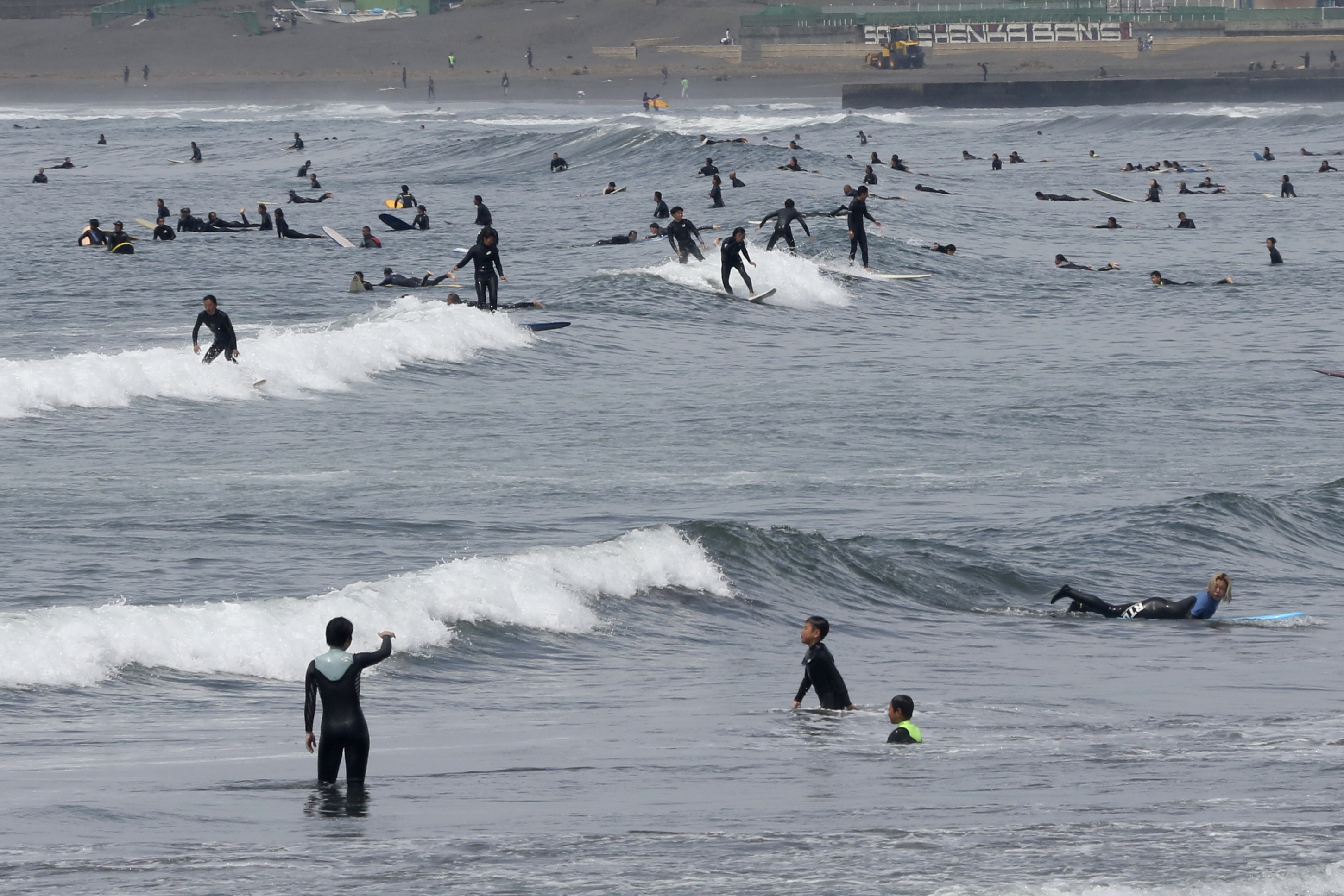
Africa has more than 23,000 infections across the continent, including more than 1,100 deaths. Authorities this week are starting to roll out a dramatic increase in testing, to test 1 million people over the next four weeks.
Read more: UN says 'whole of humanity' at risk from coronavirus pandemic
Many countries have been grappling with the inequality the virus has often laid bare, and how to ensure everyone has access to necessary hygiene products and protective equipment.
In Spain, which is among the worst-hit countries, authorities were deciding later Tuesday on price caps for face masks, gloves, hand sanitizers and other protective equipment that has been in short supply.
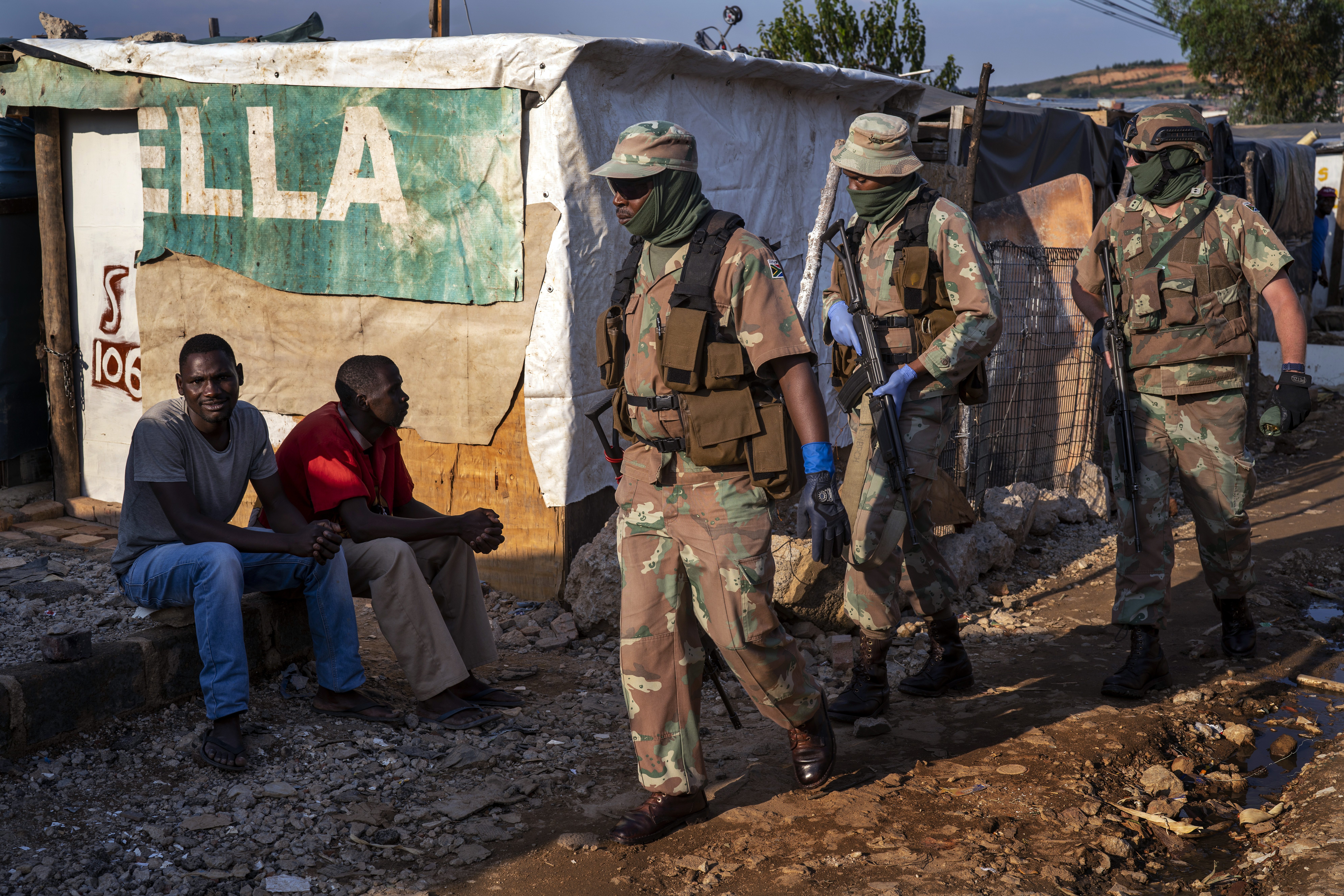
The government published an order Sunday setting out exceptional measures to ensure everyone has access to resources, saying prices cannot be “exploitative.”
Across the world, governments are seeking ways to ease restrictions, to limit the already dramatic impact on economies. But Dr. Takeshi Kasai, WHO regional director for the Western Pacific, noted any easing of restrictions must be gradual and strike the right balance between keeping people healthy and allowing economies to function.
“This is not the time to be lax. Instead, we need to ready ourselves for a new way of living for the foreseeable future,” he said.
Several European countries, including Denmark, Austria, Spain and Germany, have begun gradually easing restrictions, allowing some people back to work, including hairdressers, dentists and construction workers. Scattered protests have erupted across the United States, with people demanding a return to work in a country that has seen 22 million people lose their jobs.
But in an indication that it will be a long time before life returns to normal, German officials announced Tuesday they were calling off the world-famous Oktoberfest beer festival in Munich, which typically draws about 6 million visitors each year.
“We agreed that the risk is simply too high,” Bavarian governor Markus Soeder said after meeting with Munich’s mayor.
Scores of summer concerts and festivals have been cancelled due to virus lockdowns, but Oktoberfest was to run in the fall from Sept. 19 to Oct. 4.
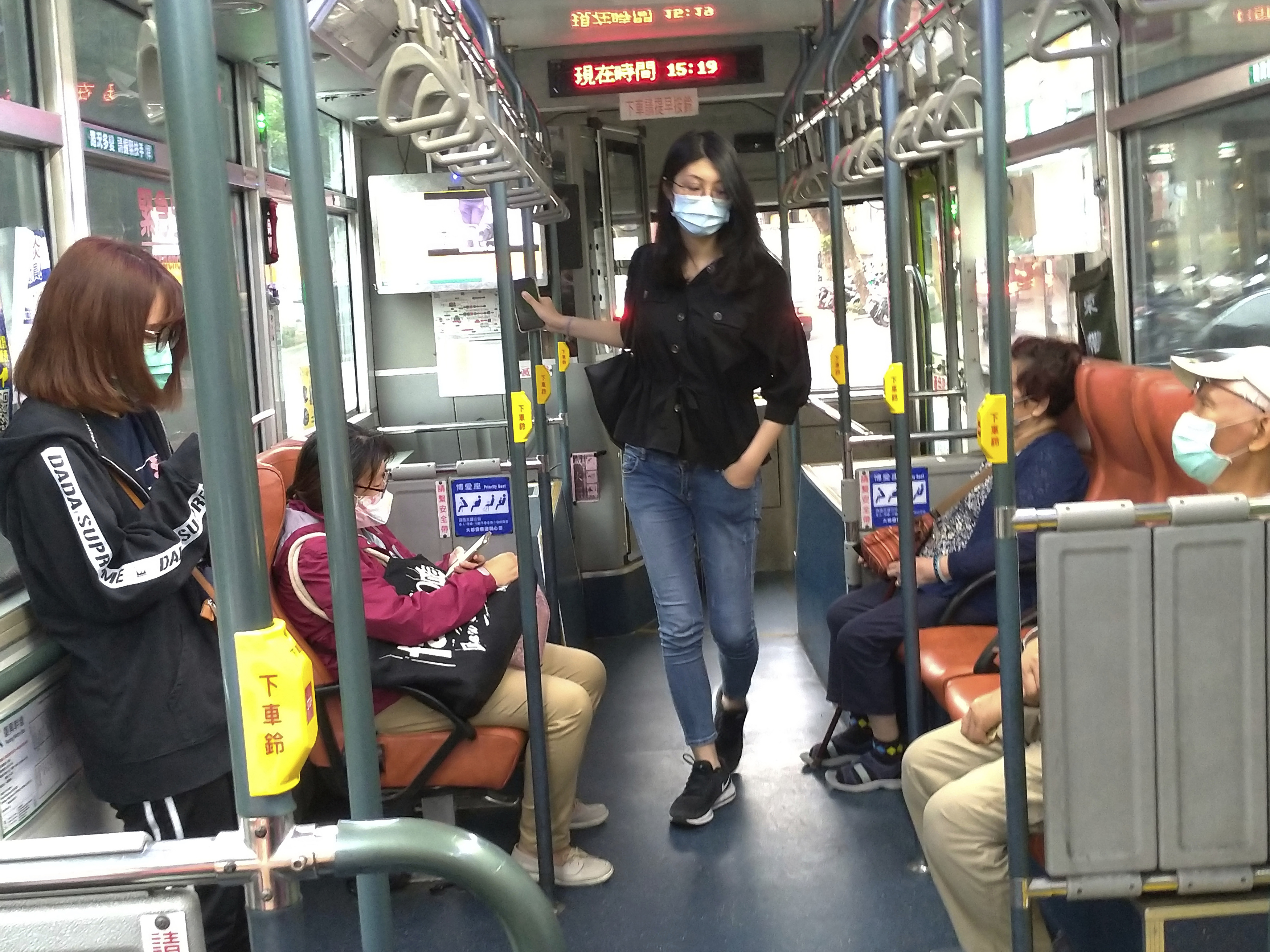
Germany, which has been praised for its widespread testing for the virus, has allowed small shops to reopen this week but it remains unclear when bars and restaurants will start up again.
In Italy, Premier Giuseppe Conte confirmed that businesses can start reopening on May 4 but doused any hopes of a full end to the country's strict lockdown.
“Many citizens are tired of the efforts that have been made so far and would like a significant loosening of these measures, or even their total abolition,’’ Conte said on Facebook. ”A decision of that kind would be irresponsible.’’
Spain will begin allowing children out of their homes for brief periods starting Monday. But new coronavirus deaths in the country ticked up again Tuesday, with 430 fatalities bringing the total death toll to 21,282, behind only the United States and Italy.
Also read: Important for India, Pak to de-escalate, militarily and verbally: UN chief
In the US, some states announced aggressive reopening plans Monday, despite the concerns of health officials. Boeing and at least one other American heavy equipment manufacturer resumed production, while Australia said Tuesday that doctors could resume non-urgent surgeries next week.
The moves come amid soaring unemployment that the International Monetary Fund says could lead to the developed world's worst economic depression since the 1930s.
Asian and European stock markets followed Wall Street lower on Tuesday after US oil futures plunged below zero because of a worldwide glut as factories, automobiles and airplanes sit idle. The cost to have a barrel of US crude delivered in May plummeted to negative $37.63 as traders ran out of places to store it. It was at roughly $60 at the start of the year.
Businesses that start operating again in the US are likely to engender goodwill with President Donald Trump just as his administration is doling out billions in relief. Trump has been agitating to restart the U.S. economy, singling out Democratic-led states and egging on protesters complaining that the shutdowns are destroying their livelihoods and trampling their rights.
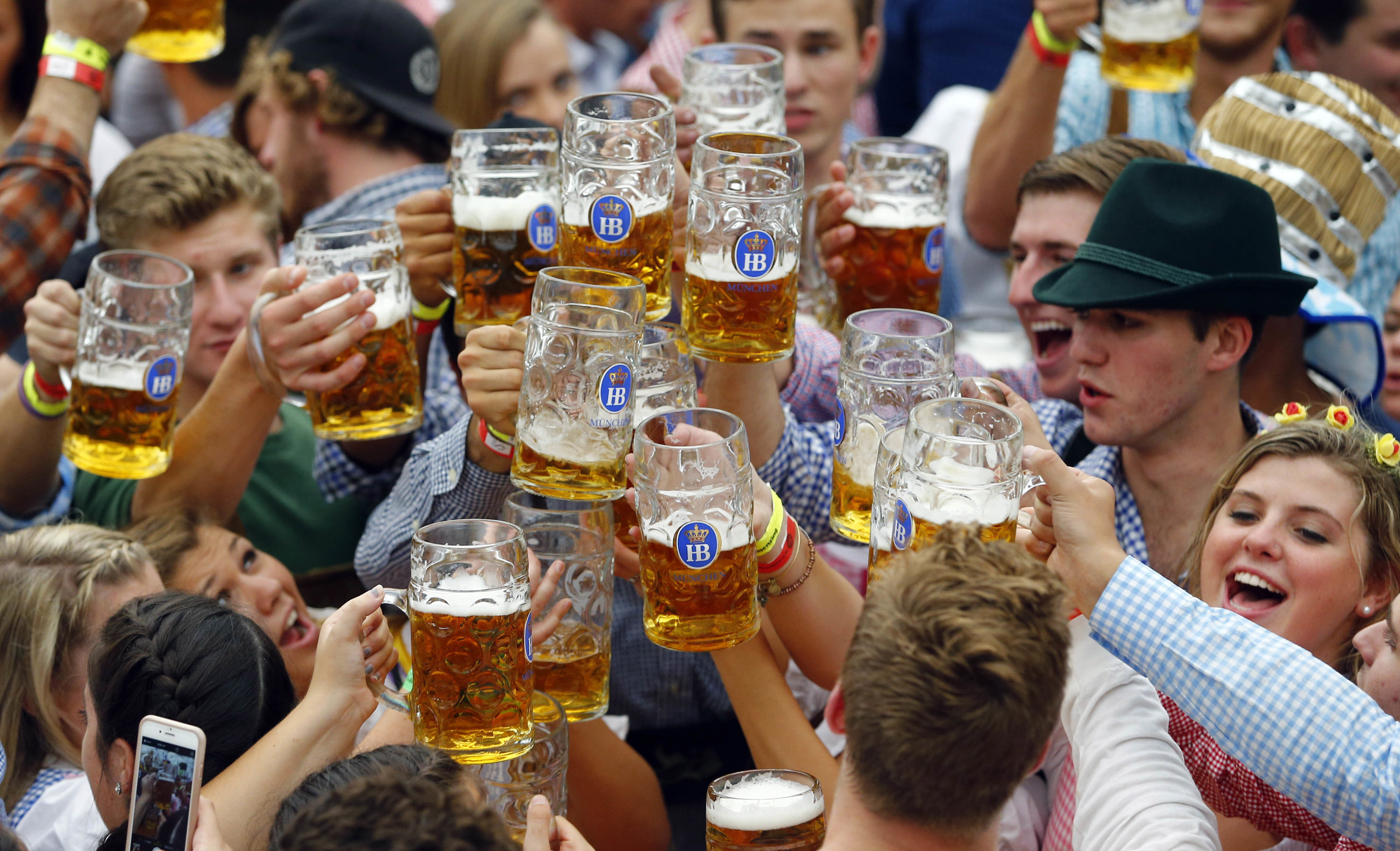
In several states, most of them Republican-led, governors said they had seen signs the coronavirus curve was flattening, making it possible to start reopening businesses and public spaces.
But governors from many other states said they lacked necessary testing supplies and warned they could get hit by a second wave of infections, as people with no symptoms can still spread the disease.
“Who in this great state believes that they care more about jet skiing than saving the lives of the elderly or the vulnerable?” Democratic Michigan Gov. Gretchen Whitmer asked. “This action isn’t about our right to gather. It’s about our parents’ right to live.”
Dr. Anthony Fauci, the US government’s top infectious-disease expert, warned on ABC: “Unless we get the virus under control, the real recovery economically is not going to happen.”
New York state, the epicenter of the US outbreak, saw some encouraging signs, with hospitalizations leveling off. Monday’s death toll, at 478, was the lowest in three weeks, down from a daily peak of nearly 800.
Worldwide, the virus has infected nearly 2.5 million people and caused more than 170,000 deaths, according to a Johns Hopkins University count. The US is the hardest-hit nation, with nearly 788,000 infections and more than 42,000 deaths.
The pandemic's true toll is believed much higher, in part because of limited testing, difficulties in counting the dead and attempts by some governments to hide the extent of their outbreaks.
Also read: We are seeing pushback against women's rights, says UN Secretary-General
(With inputs from AP)
